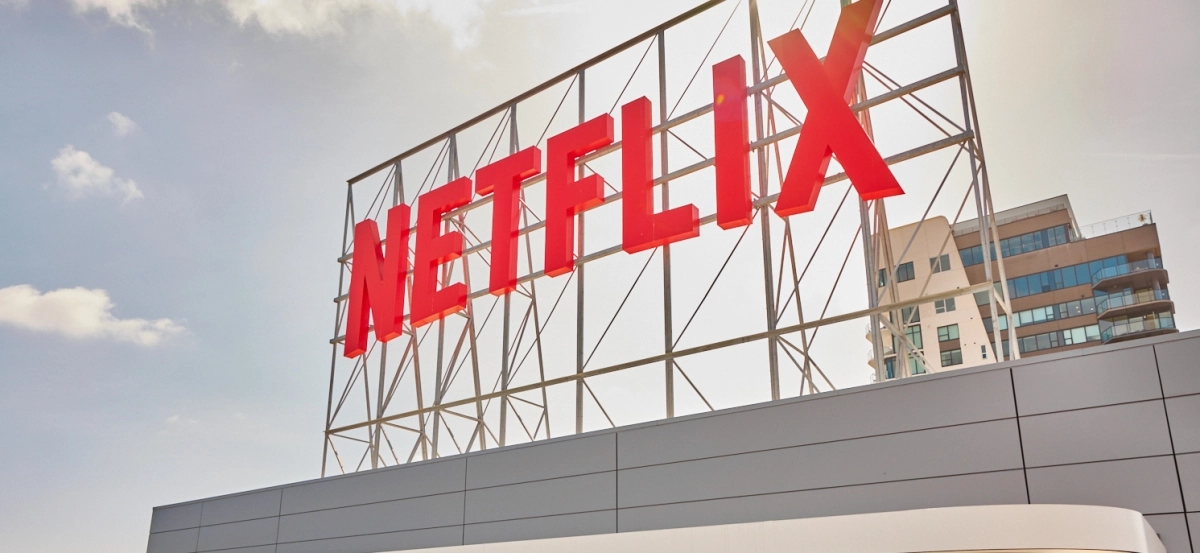Netflix removes its basic tier in the US and the UK
Netflix removes its basic tier in the US and the UK

techcrunch.com
Netflix removes its basic tier in the US and the UK | TechCrunch

Netflix removes its basic tier in the US and the UK

Netflix removes its basic tier in the US and the UK | TechCrunch
